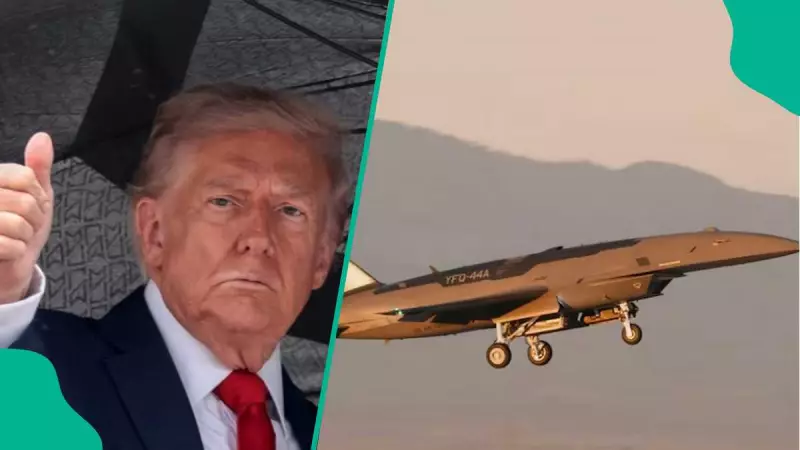
Recent intelligence reports have uncovered significant details about United States military operations targeting terrorist elements in Nigeria's volatile northeast region. According to verified information, the US has been conducting precision drone strikes against militant strongholds in Borno and Yobe states.
Mapping the Counter-Terrorism Campaign
Military analysts have identified specific locations where American forces have deployed unmanned aerial vehicles to neutralize threats from terrorist organizations. These operations form part of a broader international effort to support Nigeria's fight against insurgency.
The strategic strikes primarily focus on areas known to harbor factions of ISIS-West Africa and Boko Haram militants. These groups have been responsible for numerous attacks on civilian populations and military installations throughout the region.
Enhanced Security Collaboration
This development highlights the deepening security cooperation between the United States and Nigerian authorities. While the Nigerian military continues its ground operations, the US provides critical aerial surveillance and precision strike capabilities that have proven effective in disrupting terrorist activities.
Counter-terrorism experts note that these coordinated efforts have significantly degraded the operational capabilities of militant groups in recent months. The drone strikes have targeted leadership positions, weapons storage facilities, and training camps, dealing substantial blows to terrorist infrastructure.
Regional Security Implications
The ongoing operations demonstrate the international community's commitment to stabilizing Northeast Nigeria and the wider Lake Chad basin region. Security analysts emphasize that such targeted strikes complement the Nigerian military's broader counter-insurgency strategy.
Local communities in affected areas have reported increased security presence and reduced militant activities in zones where these operations have occurred. However, humanitarian organizations continue to monitor the situation to ensure civilian protection remains a priority.






